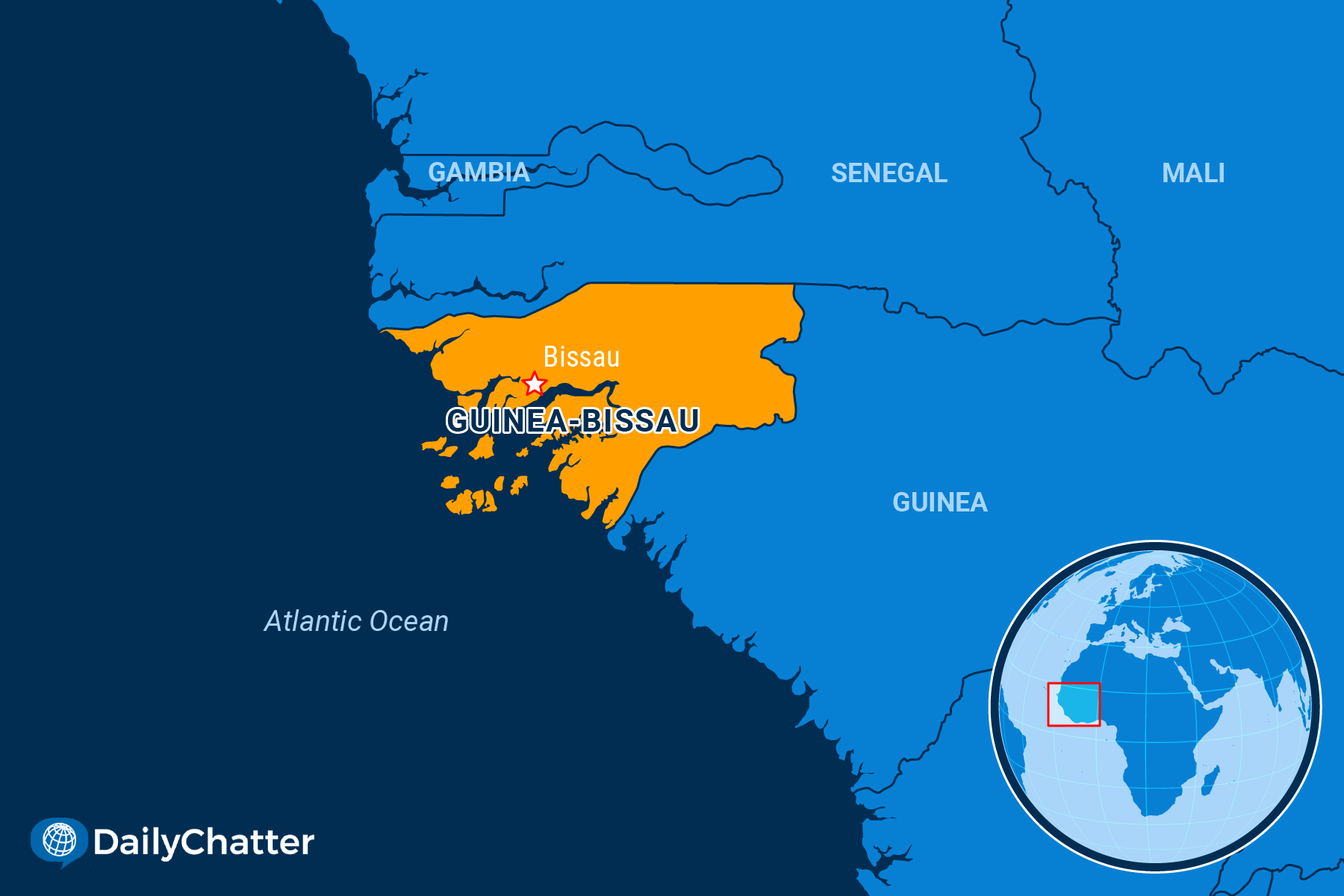Seed to Stem

Farmers in the West African nation of Guinea-Bissau are planting their maize, millet, and sorghum in anticipation of the June rainy season. Among them are the women known as “seed keepers” in the Bijagos archipelago of islands on the country’s Atlantic coast. As the Guardian reported, these women are preserving ancestral seed varieties as well as the culture that has used them for generations to survive.
Empowering women like the seed keepers would be the best way to boost Guinea-Bissau’s economy overall, contended the World Bank. The country has the “highest proportion of natural wealth per capita in West Africa” – it is a major cashew exporter – but most citizens remain impoverished. Improving gender equality and education would create a better environment where more people could share the country’s wealth.
Whether the winners of the June 4 parliamentary elections intend to pursue those goals is another matter, though, said France 24.
In light of a February 2022 coup attempt on the Government Palace when Bissau-Guinean President Umaro Sissoco Embaló, Prime Minister Nuno Gomes Nabiam and other top officials were meeting, as Euronews explained, most politicians on the campaign trail are more worried about security and political stability than other concerns.
An explosion of drug-running and drug-fueled crime has not helped matters, either.
But one of the major factors causing instability in the country has been President Embaló’s decision to dissolve the National Assembly last year due to irreconcilable differences between him and legislators, as well as the legislators’ refusal to have their accounts audited.
As the Institute for Security Studies explained, Embaló has now also proposed constitutional changes that would expand his power at the expense of the legislature, a move that would technically require the approval of lawmakers. The proposal is arguably a power grab. Still, Embaló’s defenders say that ambiguities in the country’s constitution about the separation of powers between different branches of government have caused the political instability that has led to numerous coups in Guinea-Bissau since the country achieved independence from Portugal in 1974.
The possibility for tensions to devolve into violence is one reason why the country’s religious leaders have been working hard to keep political leaders calm in the coming days. As the Association for Catholic Information in Africa reported, the leaders pledged to make sure “electoral propaganda, including airtime, interviews, rallies, communications” show “moderation, restraint, and democratic decorum” in order to avoid triggering violence.
From the farm to the halls of power, everyone in the country needs to work hard and thoughtfully to move forward.

Subscribe today and GlobalPost will be in your inbox the next weekday morning
Join us today and pay only $32.95 for an annual subscription, or less than $3 a month for our unique insights into crucial developments on the world stage. It’s by far the best investment you can make to expand your knowledge of the world.
And you get a free two-week trial with no obligation to continue.
